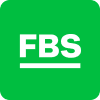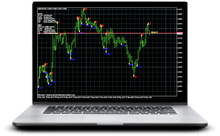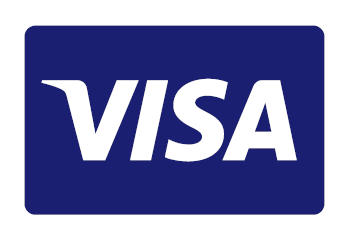Spot Market
Spot Market
What is a spot market?
A spot market, also known as a cash market, is a public financial market in which assets are traded instantly. The buyer purchases an asset from the seller for fiat or another asset, such as commodities, currencies, and securities. Delivery is usually immediate, but it depends on the asset traded and can be within T+2 days. We explain it in detail below.
The spot market can be considered a base for all other types of trading because it reflects accurate quotations, which are the basis for other types of trading.
While spot markets involve instant transactions with almost immediate delivery, in the futures and forward markets, the contracts are paid for later. The buyer and seller agree to exchange a certain amount of assets at a predetermined price in the future. In cases where the contract expires on the settlement date, the buyer and seller usually settle in cash rather than deliver the asset.
What is a spot price?
The current market price of an asset is called the spot price. That is the price of an exchange-traded asset subject to immediate payment and delivery. These prices are often used as indicators of the situation in the markets. Spot prices are updated in real time and change as orders are matched.
What assets are traded in spot markets?
A variety of financial instruments are available for trading in the spot market: stocks, bonds, treasury bills, currencies, and commodities. The foreign exchange market is the largest in the world, and foreign currency is the most actively traded asset in the spot market. Commodities such as energy, metals, agriculture, and livestock are also in demand. Among commodities, crude oil is the most actively traded one.
Characteristics of spot markets
The following characteristics are the most distinctive for the spot markets:
Use of spot price
With a market order on a spot market exchange, you can buy or sell assets at the best available spot price. However, there is always a risk that the market price will change at the time the order is executed. Spot prices are updated in real time and change as orders match.
Terms of delivery of the asset
Depending on the asset, delivery can be immediate or within T+2 days. T+2 means the current date plus two business days.
Terms of funds transfer
Funds are transferred instantly or also within T+2 days.
Types of spot markets
Spot trading is not limited to any particular location. Each spot market has its own differences. Although most people engage in spot trading on exchanges, it is also possible to trade directly with other traders without the involvement of a third party. Such sales and purchases are known as over-the-counter transactions.
Over-the-counter (OTC)
When financial instruments are traded directly between buyer and seller, such trading is called over-the-counter (OTC). Asset prices are fixed, and you pay a fixed amount to the other party without regard to the order. The distinctive feature of the spot market is that no credit or margin is used for trading; everyone trades with only the funds they have at the moment.
Market exchanges
Spot market exchanges regulate the trading of assets, acting as an intermediary between dealers and traders.
The responsibilities of such centralized spot market exchanges include ensuring uninterrupted transactions, meeting the legal requirements of buying and selling procedures, regulating pricing, as well as ensuring full economic and any other security for their clients during transactions.
Spot market exchanges operate online around the clock, allowing users and traders to make transactions at any time and get their assets more quickly than with OTC trading.
The New York Stock Exchange (NYSE) is a prime example of a spot market exchange for buying and selling stocks.
Spot markets: examples
Spot markets include both commodity markets, where raw materials are traded for cash, and currency markets, where base currencies are physically exchanged after the settlement date. In addition, stock markets where stocks are traded in real time can also be considered spot markets.
Pros and cons of spot markets
The spot market has its advantages and disadvantages that you should be aware of.
Pros of Spot Markets
- Transparent trading environment. Prices are regulated only by supply and demand in the market.
- Opportunity to find a better trade. It is easy enough to get in and out of different trades.
- Volatile assets that allow you to earn more on buying and selling.
- Made-on-the-spot trades – you can trade in real time.
- No minimum capital requirements.
- Predictable profitability of operations.
Cons of Spot Markets
- Probability of making a trade at inflated prices. If the volatility of the asset is high, the trader may not hit the right price and experience a loss.
- In the event of loss of investment, you bear all responsibility for your actions on your own.
- Lack of planning. There is usually no planning in spot transactions.
- Impact of counterparty default risk.
- Risk in foreign exchange trading.
Conclusion
Trading spot markets is one of the most common ways to trade. Although trading the spot market may seem difficult, knowing its advantages, disadvantages, and potential strategies will help you deal with it.
In addition to knowing the basics, you should consider studying technical, fundamental, and market trends analysis.
2022-08-30 • Updated











